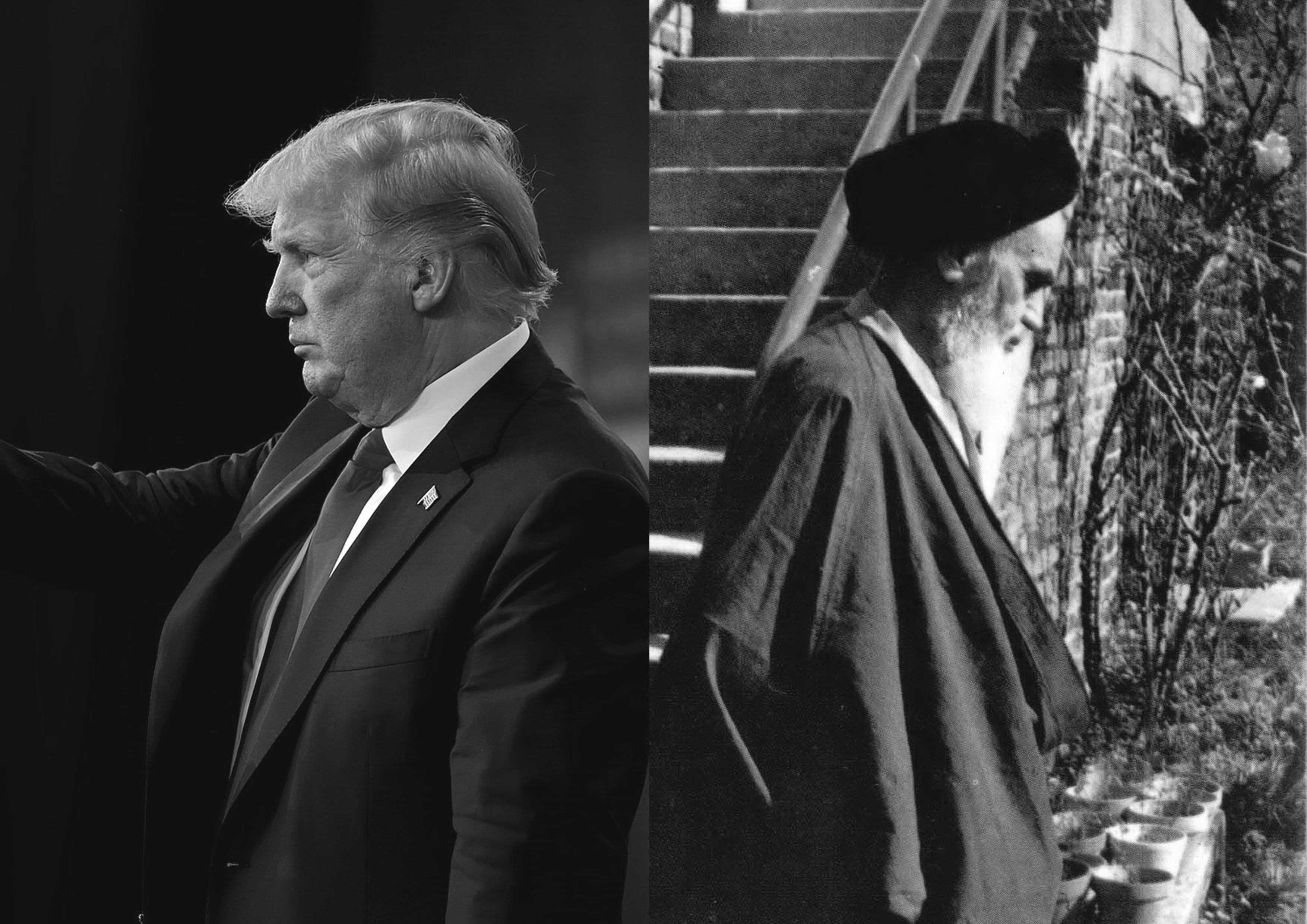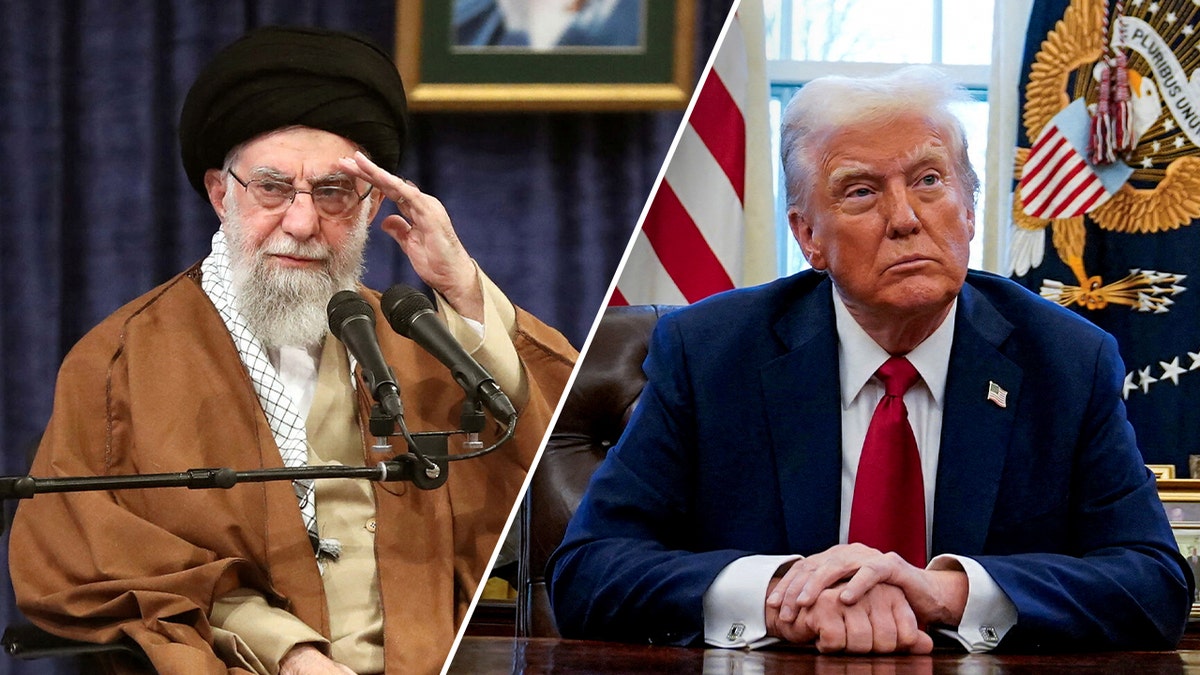
Iran has made a bold claim following its recent missile strike targeting U.S. military assets in the Middle East, stating that it fired the "same amount" of missiles at U.S. forces as the number of bombs the U.S. dropped on Iranian soil in previous military operations. This provocative statement has raised questions about the ongoing tensions between the two nations and the escalating arms race in the region.
The missile attack, which took place in the early hours of the morning, was reportedly aimed at U.S. military bases located in Iraq and Qatar, two key locations where American personnel are stationed.
The Iranian government has said that it used a combination of ballistic missiles and other long-range weapons to target these bases, claiming that the number of missiles fired matched the number of bombs the U.S. has used in airstrikes against Iranian positions.
The U.S. military, for its part, reported that all of the Iranian missiles were intercepted by air defense systems in place at the targeted bases. These systems, which include advanced missile defense technologies such as the Patriot missile system, have proven effective at neutralizing incoming threats in the past.
In this instance, it appears that no U.S. personnel were injured or killed during the attack, although the extent of the damage to military infrastructure is still being assessed.
Iran's statement about the missile strike has been met with mixed reactions from both domestic and international observers. Some analysts argue that the Iranian government is using this rhetoric to convey a sense of equality in terms of military capabilities, especially considering the longstanding tensions between the two countries.
By claiming that it fired the "same amount" of missiles as the U.S. had previously dropped bombs, Iran may be attempting to assert its military strength in the face of what it perceives as American aggression.
Others, however, view Iran's words as a dangerous escalation in a region already fraught with instability. The Middle East has long been a hotbed of conflict, and the ongoing standoff between Iran and the U.S. is a significant contributing factor to the volatility in the area. Many experts believe that such rhetoric could further inflame tensions, particularly in light of the U.S.'s ongoing military presence in Iraq and the broader Middle East.
The U.S. government's response to Iran's missile strike has been swift, with President Biden and military officials reaffirming the country's commitment to protecting its personnel and assets in the region. The Pentagon has stated that it is closely monitoring the situation and working with its allies to ensure the safety of American forces in the area. However, the White House has not yet commented on Iran's specific claim regarding the number of missiles fired.

In the aftermath of the attack, both countries have found themselves locked in a tense diplomatic standoff. While Iran maintains that its missile strike was a proportional response to U.S. military actions in the region, the U.S. continues to argue that its operations in the Middle East are aimed at ensuring regional stability and countering Iranian influence.
The timing of the missile strike also adds to the tension. The attack comes amid ongoing talks in Washington and Tehran over the Iran nuclear deal, with both sides attempting to negotiate terms for the revival of the agreement. The strike could complicate these efforts, as it highlights the deep distrust and hostility between the two nations.
Despite the missile defense systems successfully intercepting the missiles, the incident is likely to have lasting repercussions on the already fragile diplomatic relations between the U.S. and Iran.
For the U.S., the missile strike serves as a reminder of the ongoing threat posed by Iran and its military capabilities. While the U.S. has invested heavily in missile defense systems and has maintained a strong military presence in the region, Iran's missile program remains a significant concern for U.S. officials.
The ability of Iran to launch such an attack, even if intercepted, underscores the importance of maintaining robust defense capabilities in the region.
Iran, on the other hand, views its missile strike as a demonstration of its strength and resolve. The country's leadership has long argued that it is entitled to defend itself against foreign intervention, particularly from the U.S. and its allies. By launching this attack, Iran is sending a message to the U.S. and the international community that it will not be intimidated or sidelined in the ongoing geopolitical struggles in the Middle East.
In the coming days, it is likely that both countries will continue to engage in a war of words, with each side trying to assert its position on the global stage. However, the situation remains volatile, and the risk of further escalation is real. The U.S. and Iran both have significant military assets in the region, and any further provocations could lead to a more serious confrontation.

As the dust settles from this missile attack, the broader implications for U.S.-Iran relations remain unclear. Will this incident spark a new wave of conflict, or will it lead to a renewed push for diplomacy and negotiations? Only time will tell, but one thing is certain: the situation in the Middle East is far from resolved, and the specter of conflict continues to loom over the region.
In the meantime, the international community is watching closely. As both the U.S. and Iran navigate this delicate moment, the potential for a broader regional conflict remains high. How both nations choose to respond in the coming days will likely shape the future of U.S.-Iran relations and the stability of the Middle East as a whole.



